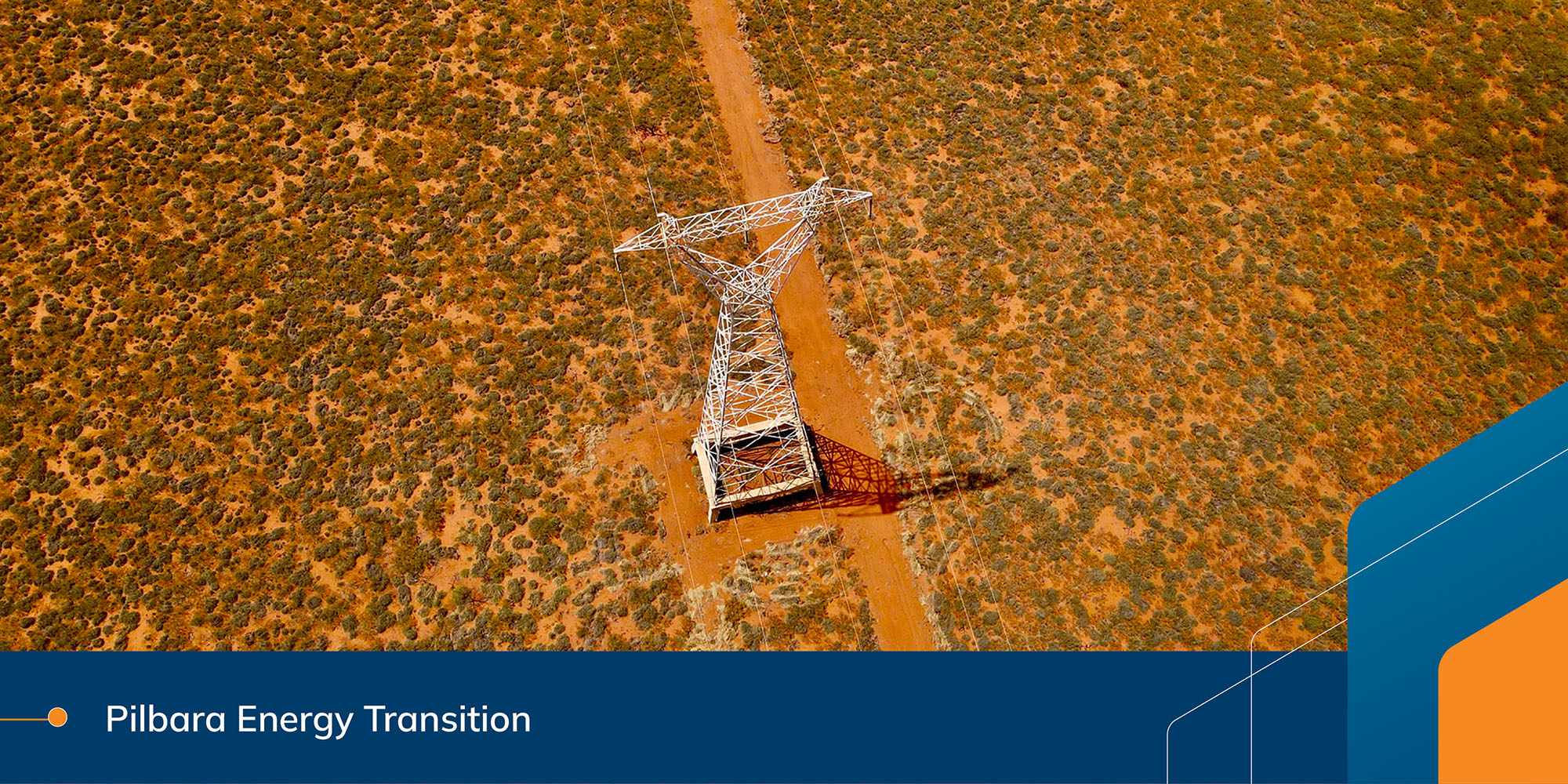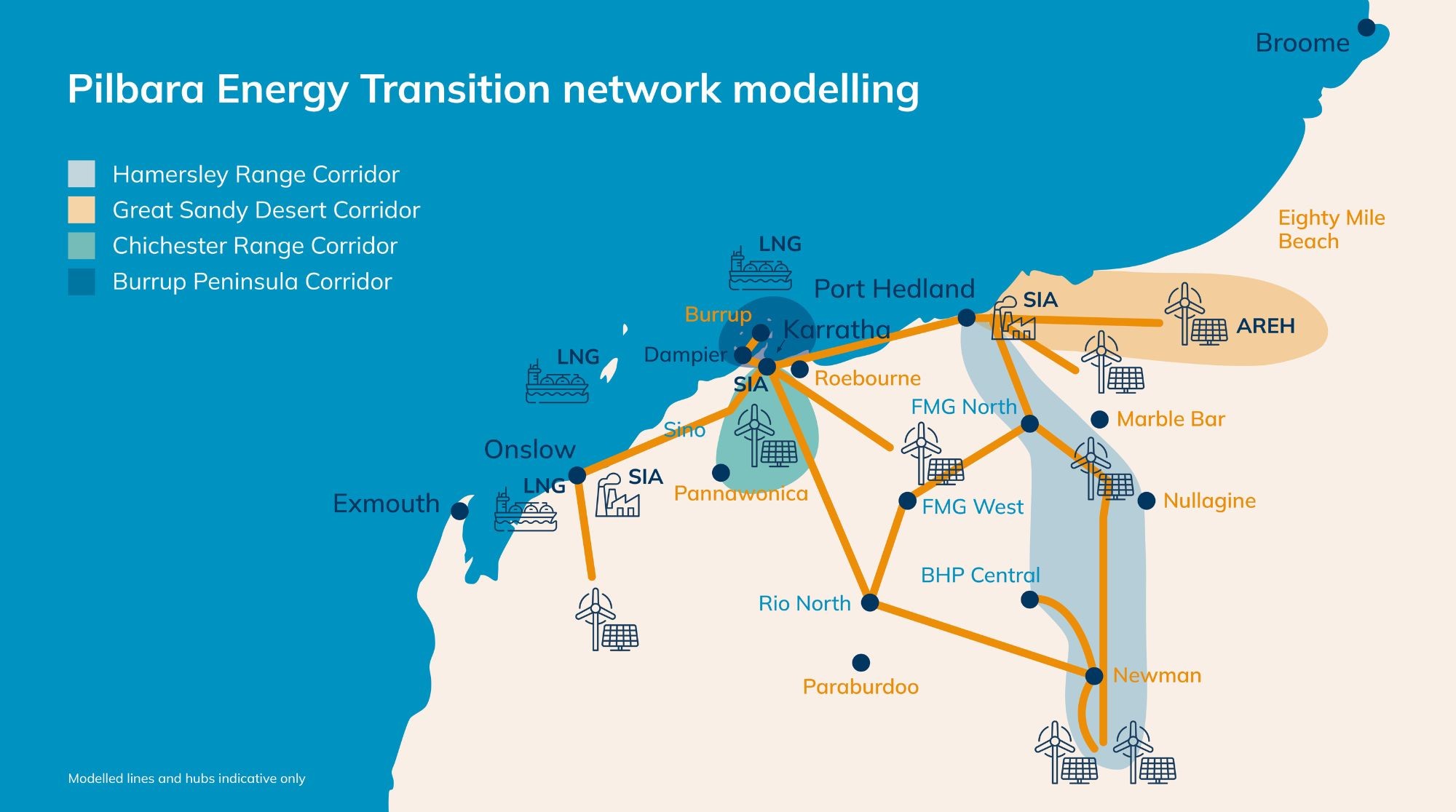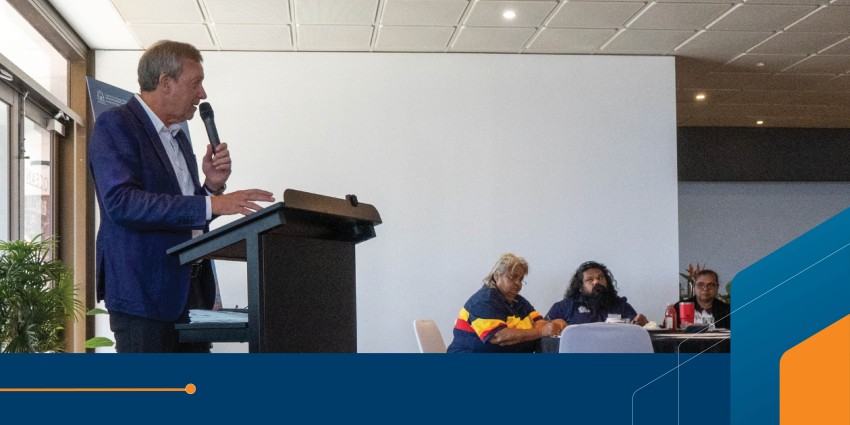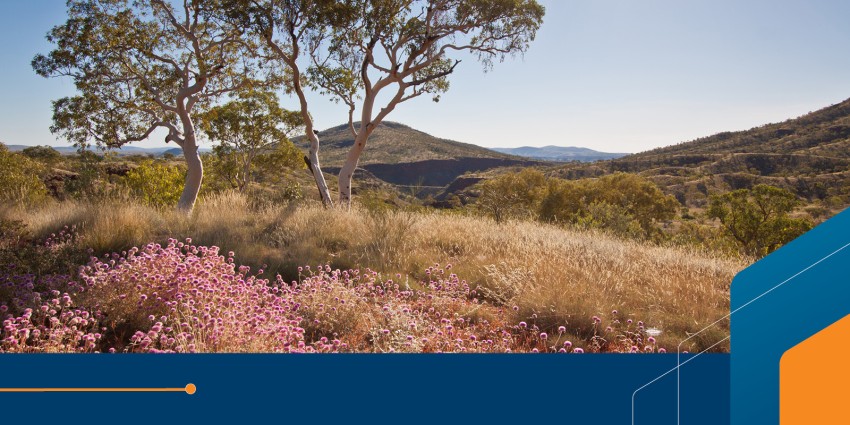The State Government is embracing the growing momentum of decarbonisation and is committed to taking responsible, effective, and enduring action to transform the Pilbara into a renewable powerhouse and future-proof our economy, communities, and environment.
Acknowledged as a major global hub for mineral and energy resources, the Pilbara drives the State's economy, contributing nearly 20 per cent of Western Australia's total economic output. Additionally, the Pilbara is renowned for its environmental and cultural significance, boasting one of the largest and most diverse collections of rock art worldwide.
The Pilbara accounts for more than 40 per cent of the State’s emissions, primarily from major industrial producers, and utilises less than 2 per cent of renewable energy generation. Because of this, the Pilbara will play a central role in meeting Western Australia’s emissions reductions targets.
Decarbonising the Pilbara by expanding access to renewable energy is crucial for the long-term viability of key industries in our state.
Pilbara Energy Transition (PET) Plan
The PET Plan will accelerate decarbonisation by facilitating more common-use transmission infrastructure in the Pilbara and unlocking the best renewable resources in the region.
Transmission infrastructure is critical for connecting renewable energy to where the demand for electricity is. New common-use infrastructure in the Pilbara will reduce environmental impact by preventing unnecessary infrastructure duplication. It will also enable access to diverse renewable energy sources, support energy security and reliability and reduce the impact of industry on the environment.
Pilbara Energy Transition Plan Objectives
Pilbara decarbonisation
- Coordinate a responsible and timely approach to decarbonisation of the Pilbara that supports industry achieving emissions reduction targets.
Aboriginal participation and community engagement
- Collaborate with Traditional Owner groups and local communities to ensure meaningful and lasting benefit from the energy transition.
Common-Use Infrastructure
- Facilitate the development of common-use transmission infrastructure to minimise environmental footprint and support a more robust and interconnected electricity system.
Reliability and security
- Support greater access to a diverse range of high-quality renewable resources, underpinned by a fit-for-purpose regulatory framework.
Private Investment
- Drive private sector investment in transmission infrastructure by facilitating access to WA’s $3 billion allocation from Rewiring the Nation.
Pilbara Roundtable
The Pilbara Roundtable is working to progress the transition, while also ensuring the Pilbara benefits from the shift to renewable energy.
The Roundtable, which includes Traditional Owners, Industry and Government, will continue to oversee and prioritise essential transmission infrastructure, identify necessary regulatory changes, and initiate the expansion of the Pilbara common-use network.
Click here for more information on the Pilbara Roundtable.










